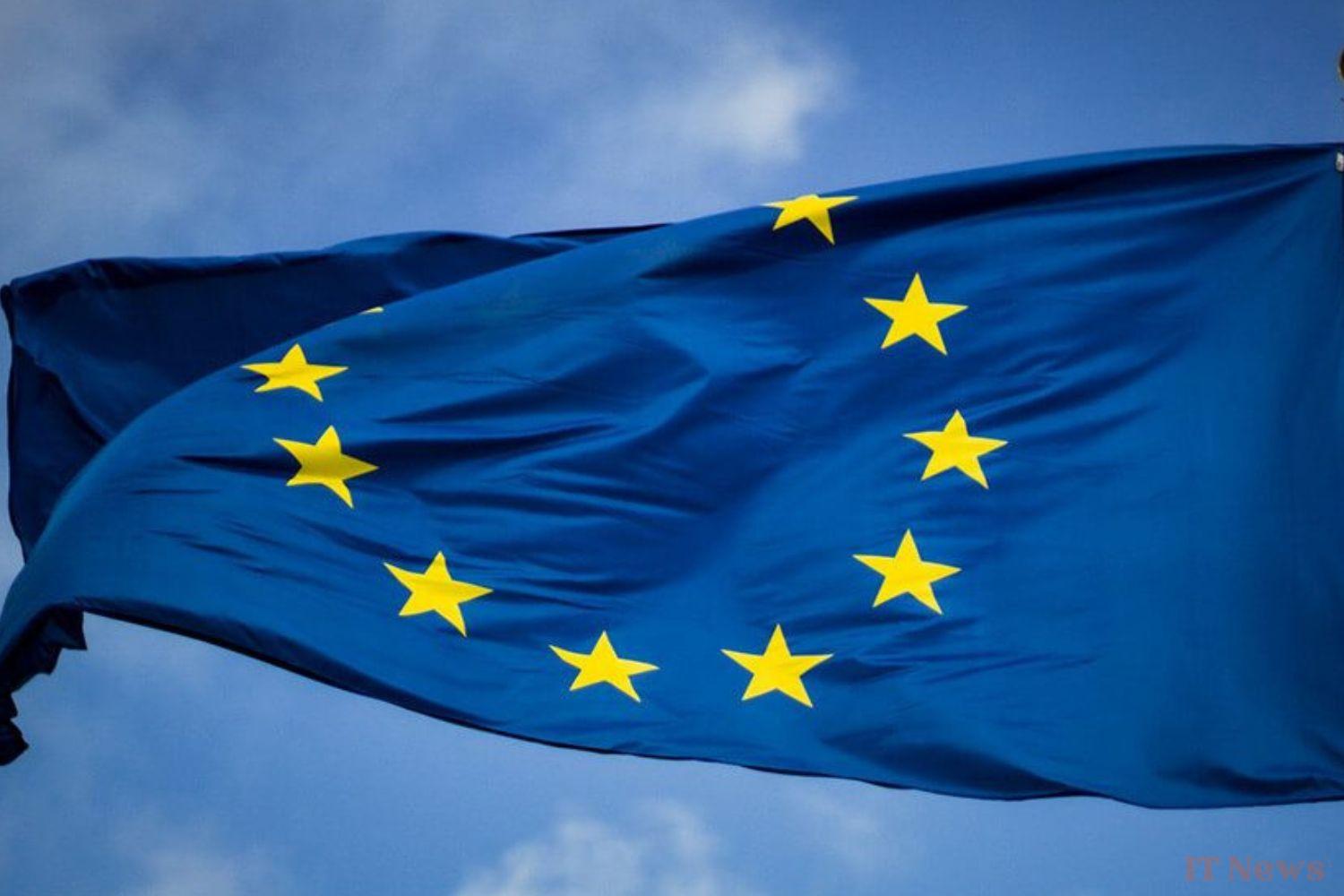Apple and Google have been in the European Commission's crosshairs since the implementation of the Digital Markets Regulation (DMA). Considered "gatekeepers," the two companies are subject to binding provisions to rebalance the market and ensure the best possible competition. The regulator has disclosed the changes Apple will have to make, and its grievances against Google. But no financial penalty, contrary to rumors of recent days.
Apple forced to facilitate the use of third-party accessories
It will be easier to connect an accessory to an iPhone, at least in the European Union. The regulator has announced that following this investigation, which began a year ago, Apple must facilitate access to several iOS functions for third-party products. These include smartwatches that will need to be able to display notifications from the smartphone; data transfer will need to be more efficient and faster (whether via Wi-Fi or NFC); and setup will be simplified.
While it is very easy to pair AirPods or an Apple Watch with an iPhone, this is less the case with competing accessories. This Commission requirement will help consumers pair their devices more quickly and in a slightly more transparent manner.
A second component aims to improve interoperability for the benefit of developers. Apple will have to ensure better access to technical documents, more effective communication on accessible features, and a more predictable timeframe for processing requests. Ultimately, this will allow developers to offer services and hardware compatible with iOS and iPadOS more quickly.
These European decisions are binding on Apple, which must therefore implement them according to a defined timetable (the manufacturer may one day communicate on the roadmap). Brussels also wants to clarify that this is not a sanction but a "clarification of the rules." It's better to avoid the wrath of Donald Trump, who has gone to war with the EU.
"Today's decisions lock us into excessive bureaucracy, slowing our ability to innovate for users in Europe and forcing us to offer our new features for free to companies that aren't subject to the same rules," Apple complains. "This is bad news for our products and for our European users. We will continue to work with the European Commission to help them understand our concerns on behalf of our users."
Regarding the opening of notifications, the manufacturer understands that these measures would allow companies to retrieve user alerts in an unencrypted form on their servers.
Google favors its services
Regarding the Google case, the Commission has sent two preliminary conclusions to Alphabet regarding non-compliance with the DMA for online search and Google Play. The European Commission believes that Alphabet favors its own services (shopping, hotels, transportation, financial and sports results) over competing services in Google Search.
These services benefit from better positioning, better-designed visual formats, and dedicated filtering mechanisms, which contravenes the transparency and non-discrimination requirements of the European regulation. Alphabet also allegedly prevents app developers from redirecting consumers to cheaper alternative offers. Furthermore, Google allegedly charges excessive and prolonged commissions on purchases made through its app store, beyond what is justified.
The company may respond to the preliminary findings before a formal decision of non-compliance is taken. The Commission is continuing its discussions with the company to find solutions that comply with the DMA.



0 Comments